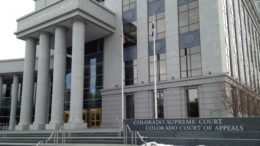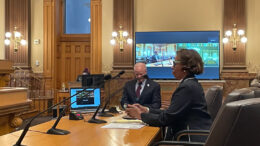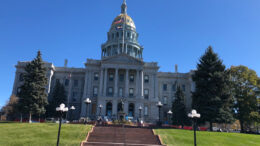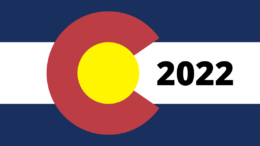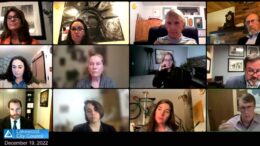Counties ask Colorado Supreme Court to review ruling that lets litigants use CORA to get records from public entities they sue
Archuleta County and Colorado Counties Inc. have asked the Colorado Supreme Court to review a 2022 appellate court ruling that lets a person involved in litigation with a public entity use the Colorado Open Records Act to obtain documents relevant to that litigation from the public entity.

